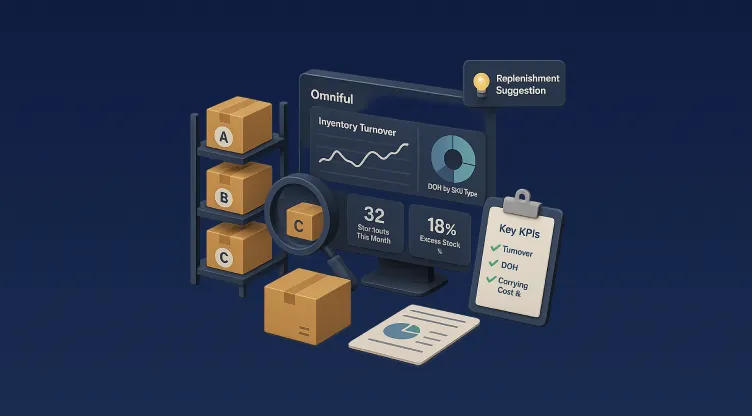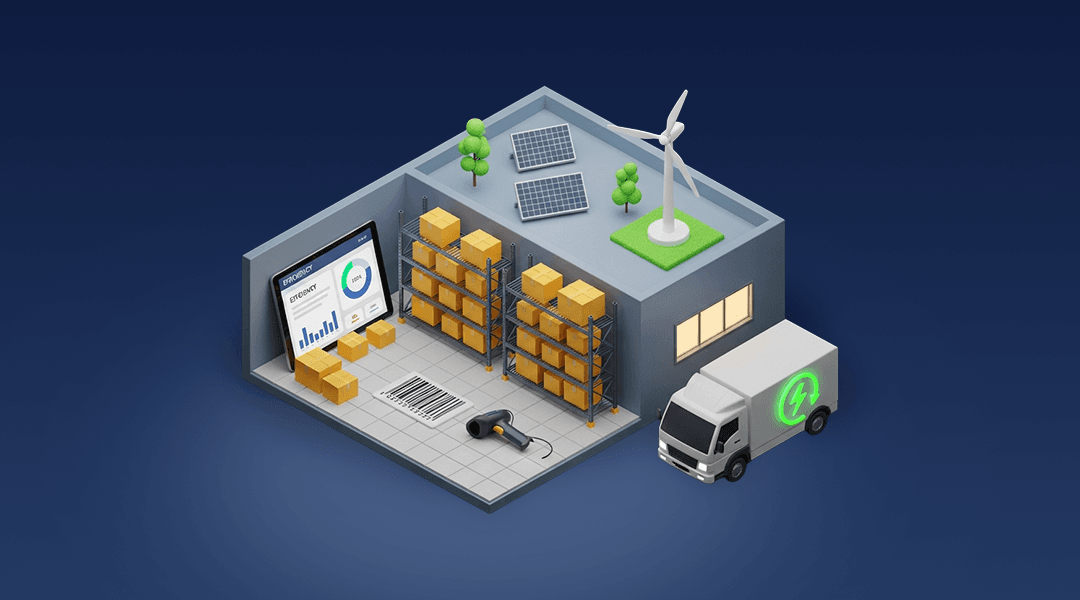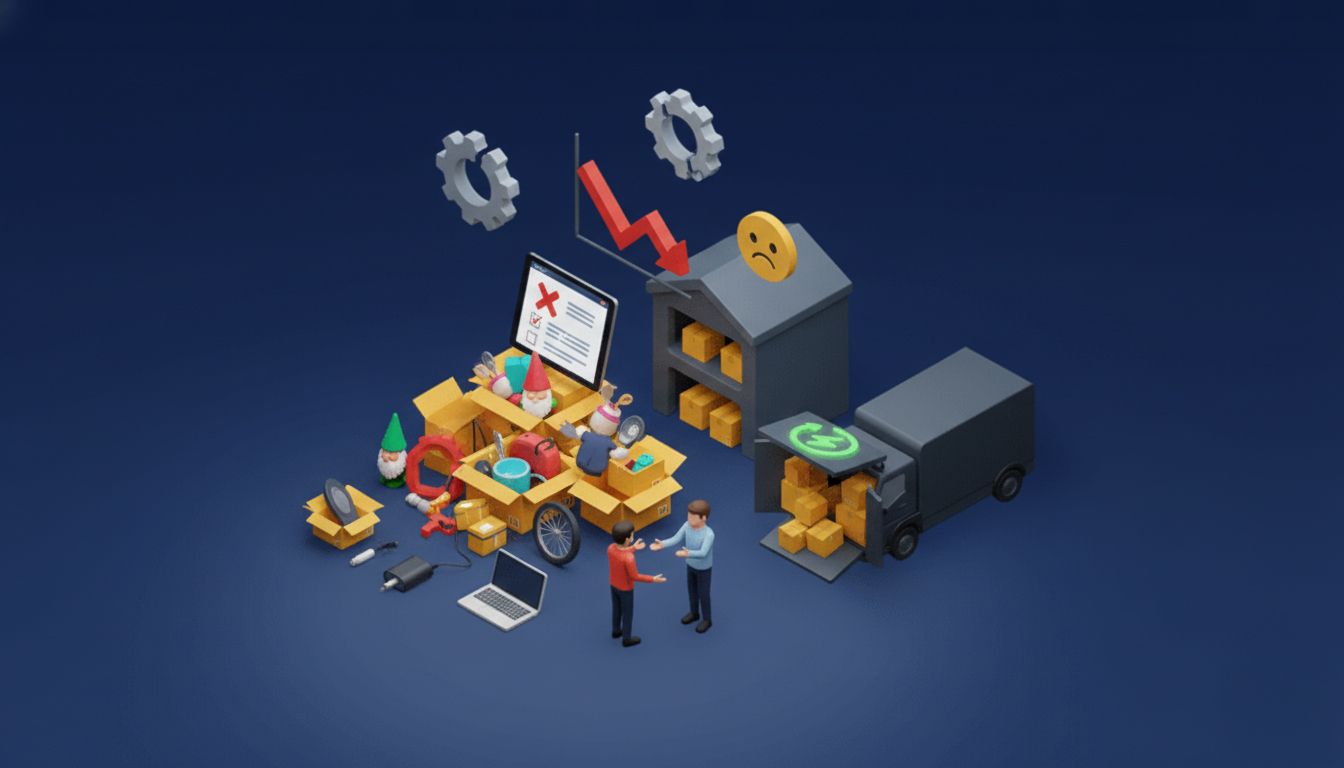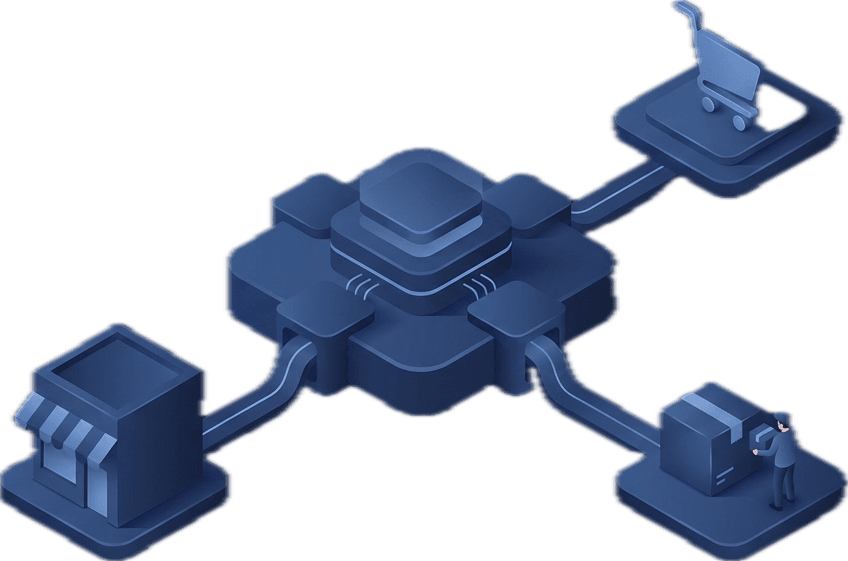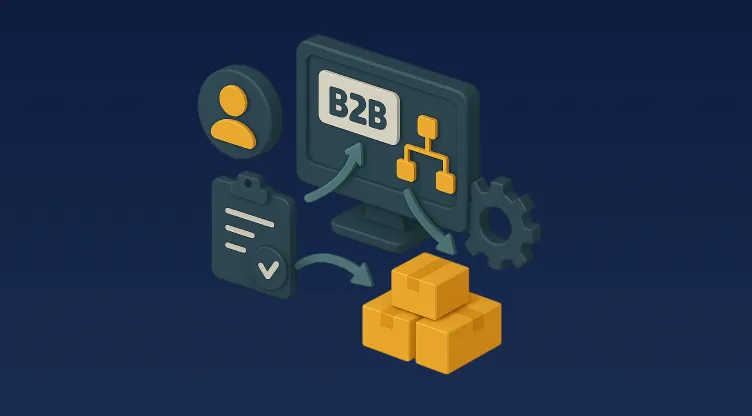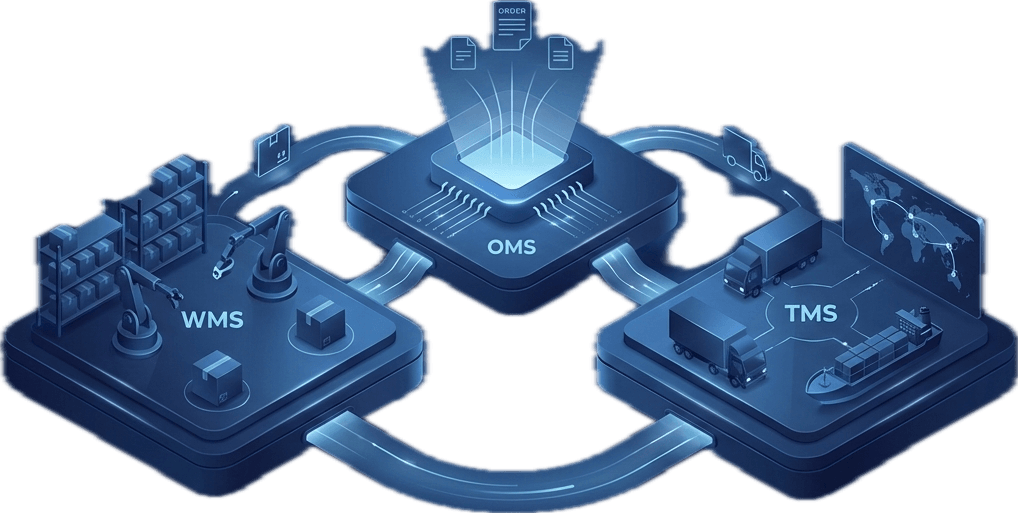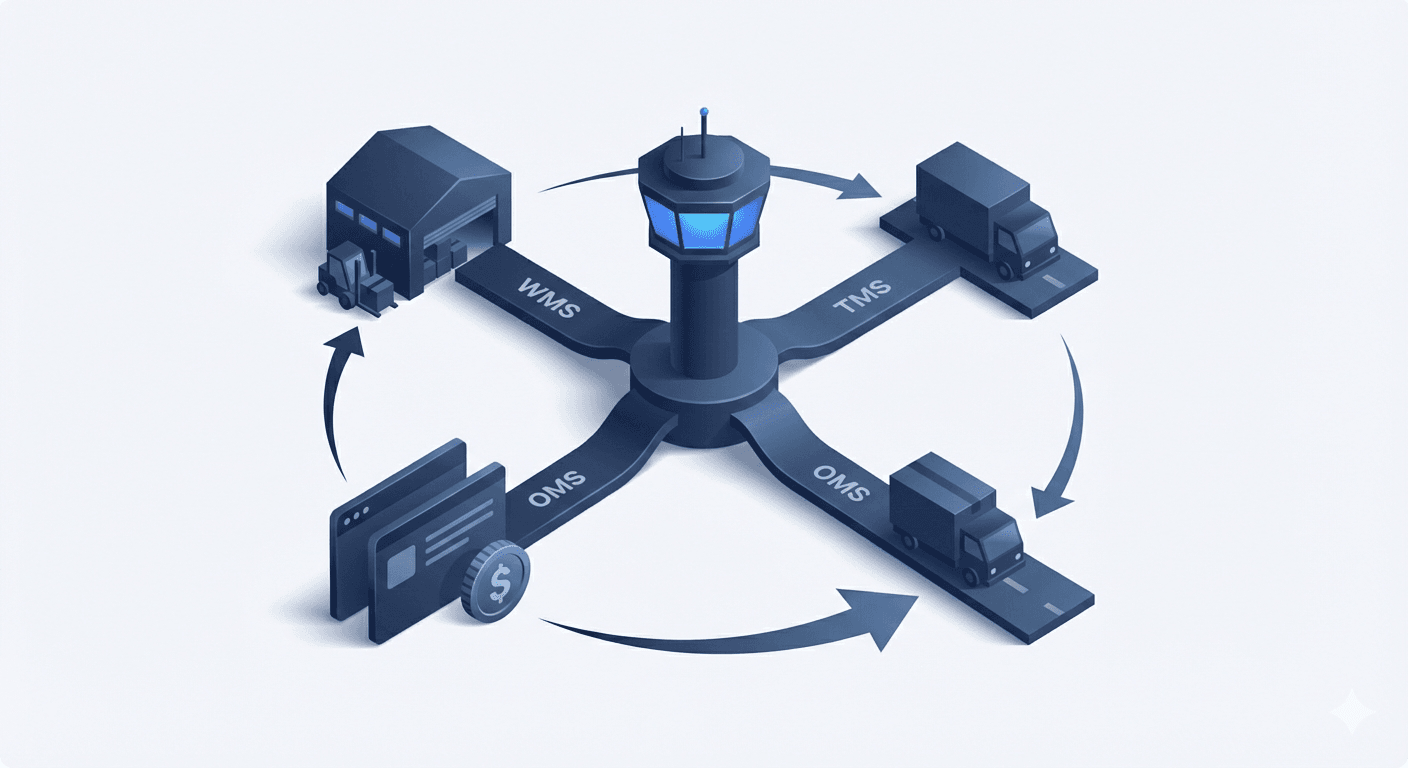TMS Freight Audit & Payment: Correct Billing, 3PL Disputes, and Cost Control

Table of Contents
Logistics Ledger – Get Paid, Get Proof, Get Peace of Mind
- Freight auditing in TMS ensures billing accuracy across 3PL contracts.
- Dispute resolution features avoid payment delays or vendor friction.
- Budget clarity improves when transport costs are tracked by mode and route.
- In MENA, freight mischarges often stem from manual carrier reconciliation.
- A strong TMS system centralises audit workflows for logistics teams and finance alike.
- Whether you're a brand or 3PL, clean transport billing is a competitive edge.
Introduction: Stop Guessing, Start Auditing
In logistics, accuracy isn’t just for deliveries — it’s for invoices.
You may move hundreds of shipments daily. But if freight bills are wrong, late, or misallocated, your operations bleed quietly.
That’s why modern logistics leaders turn to freight audit and payment tools within their TMS systems.
A transportation management solution that includes built-in freight audit workflows reduces finance friction, prevents overcharges, and gives clarity to what should be one of your biggest line items: transportation costs.
In MENA’s growing e-commerce and retail sectors, this is no longer a nice-to-have. It’s a financial necessity.
What Is Freight Audit & Payment in a TMS?
Freight audit is the process of checking invoices from carriers and 3PLs to ensure they match contracted rates, agreed service levels, and actual delivery data.
Here’s what it involves:
- Rate Validation: Did the invoice match what was quoted?
- Delivery Confirmation: Was the service performed? Was it late?
- Accessorial Charges: Were fuel, handling, or waiting time billed properly?
- Dispute Handling: If errors exist, how is it flagged, reviewed, and resolved?
- Cost Allocation: Which department or region should bear the cost?
All of this must happen before finance releases payment — and preferably without endless spreadsheets, emails, or delayed reconciliations.
A modern TMS system automates these steps.
Common Freight Billing Errors That Cost Businesses
Especially in the MENA region, where manual reconciliation is still common, businesses encounter:
1. Duplicate Billing: Same invoice submitted twice — and sometimes paid.
2. Incorrect Rates: Carrier applies old rate card, peak surcharge, or charges based on volume instead of weight.
3. Unauthorised Charges: Third-party charges (e.g. customs clearance or storage) that weren’t agreed upon.
4. Overlapping Services: Multiple vendors claim delivery of the same shipment due to 3PL handovers.
5. Misapplied Taxes: Wrong VAT or customs documentation creates compliance risk, especially cross-border (e.g. UAE to Saudi).
Without automated checks, these go unnoticed. Over time, they pile up into six-figure leakages.
Why This Matters for MENA Businesses
In a region where trade flows span land, sea, and air — with partners in Jordan, Egypt, GCC, and beyond — payment complexity rises.
- Language barriers with 3PLs
- Inconsistent rate structures
- Public holidays affecting SLAs
- Varying regulatory compliance (VAT, duty)
Your TMS must act as the billing buffer. It should catch mistakes before they reach your finance team or your CFO.
Omniful’s transportation management system is designed for regional use, supporting Arabic, English, and multicurrency billing audits in real time.
3PL Meaning: Why Third-Party Logistics Requires Clarity
3PL stands for Third-Party Logistics. These are external service providers handling transport, warehousing, or last-mile delivery on your behalf.
But what does this mean in a freight audit context?
It means you’re relying on external data to reconcile:
- Shipment status
- Transit times
- Surcharges
- Returns
Without a tight audit system, you're trusting a third party’s version of events. That trust should be verified — not assumed.
Using Omniful, 3PLs integrate directly with your dashboard. You can:
- Auto-match invoices with proof-of-delivery
- Reconcile SLAs with driver tracking
- Flag disputed charges for review before payment
- Allocate transport cost per SKU, warehouse, or city
Freight Payment Workflows Inside a TMS
Here's how audit and payment workflows look inside a best-in-class TMS:
-
Carrier Completes Delivery
Status updated in system by app, GPS, or API. -
Invoice Upload or API Sync
Carrier submits billing via system. -
Auto-Audit Engine Runs
System compares invoice vs. rate card vs. POD. -
Discrepancy Report Generated
TMS highlights mismatches or missing data. -
Dispute/Approval Path Triggered
If valid, payment progresses. If not, dispute logged. -
Payment Released
Finance is notified with pre-approved ledger entry. -
Budget & Forecast Updated
Data feeds into planning for future freight cost accuracy.
Use Cases from the Region
Case: Retail Group in KSA
Partnered with 4 3PLs. Found 12% billing variance using Omniful’s freight audit. Resulted in SAR 1.2 million cost recovery.
Case: Healthcare Supplier in Dubai
Faced 3-day monthly delay due to freight reconciliation. Switched to automated TMS audit. Cleared month-end billing in 6 hours.
Case: Fashion Brand in Amman
Cross-border deliveries billed incorrectly due to rate changes. Audit tools flagged issue. Disputes resolved before payment, saving 18% in errors.
Budgeting, Planning, and Control
When freight audit and payment are part of your transportation management solution, budgeting becomes data-driven.
You can track:
- Cost per order, per zone, or per carrier
- Peak season surcharges
- Trends in accessorial or customs charges
- On-time vs. late delivery cost deltas
Finance, operations, and supply chain leaders all benefit from this visibility. It removes guesswork from cash flow and margin decisions.
FAQs on TMS Freight Audit & Payment
What types of businesses need freight audit in TMS?
Any business with recurring logistics invoices — from e-commerce to retail to healthcare — can benefit.
How are 3PL disputes handled?
TMS logs invoice discrepancies with timestamps and data. Disputes are flagged, not lost in email threads.
Can TMS connect to my accounting software?
Yes. Omniful supports integration with ERPs and accounting tools to sync cost approvals and payment logs.
Does it support multi-currency billing?
Absolutely. Omniful handles AED, SAR, EGP, USD and more — crucial for regional 3PL partnerships.
Deliver Peace of Mind, Not Just Packages
You’ve invested in fast delivery. Now invest in accurate billing.
A strong TMS system doesn't just route parcels — it protects profits, ensures fairness, and empowers smarter decisions.
When carriers, 3PLs, and finance all work from the same truth — audits become assets, not admin.



